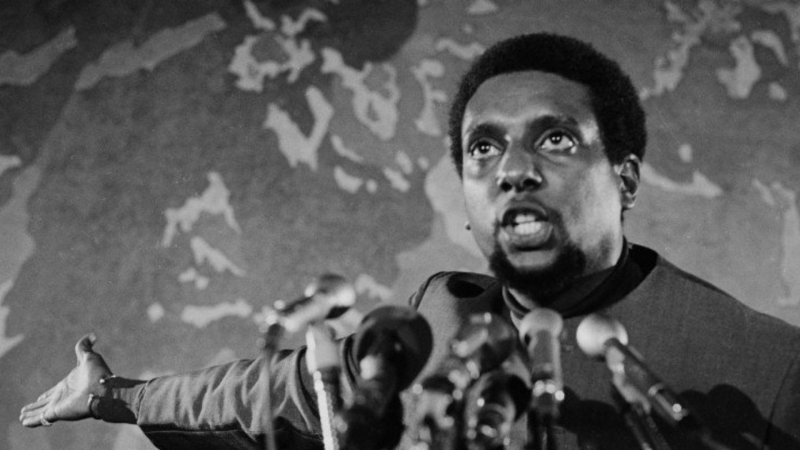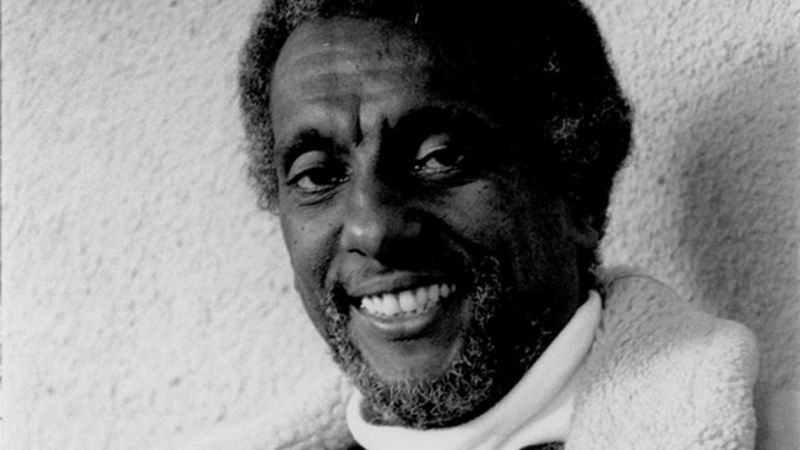Kwame Ture
The first place in the list of most important historical figures in Trinidad and Tobago is Kwamw Ture. Kwame Ture (born Stokely Standiford Churchill Carmichael; June 29, 1941 – November 15, 1998) was a leading organizer in the American civil rights struggle and the global pan-African movement. He was born in Trinidad and moved to the United States when he was 11 years old, where he became an activist while attending the Bronx High School of Science. He was a pivotal figure in the evolution of the Black Power movement, first as the leader of the Student Nonviolent Coordinating Committee (SNCC), then as the "Honorary Prime Minister" of the Black Panther Party (BPP), and finally as the leader of the All-African People's Revolutionary Party (AAPRP) (A-APRP).
Carmichael was one of the initial SNCC freedom riders in 1961, led by Diane Nash. After being trained by Ella Baker and Bob Moses, he became a key voting rights fighter in Mississippi and Alabama. He became disillusioned with the two-party system, like most young people in the SNCC, after the 1964 Democratic National Convention refused to recognize the Mississippi Freedom Democratic Party as official delegates from the state. Carmichael later opted to form autonomous all-black political organizations, such as the Lowndes County Freedom Organization and, for a brief while, the national Black Panther Party.
Inspired by Malcolm X's example, he defined a Black Power worldview and disseminated it through both explosive speeches and more somber publications. Carmichael rose to prominence as one of the most popular and divisive Black leaders of the late 1960s. The FBI's director, J. Edgar Hoover, privately named Carmichael as the man most likely to succeed Malcolm X as America's "black messiah." Because the FBI had identified him for counterintelligence operations through its COINTELPRO program, Carmichael relocated to Africa in 1968. By 1969, he had reestablished himself in Ghana and later in Guinea. There, he took the name Kwame Ture and began agitating for revolutionary socialist pan-Africanism on a global scale. Ture died in 1998, at the age of 57, from prostate cancer.





